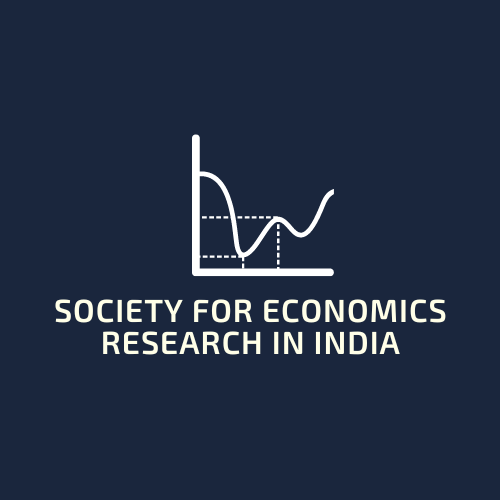Job Specialization and Labor Market Turnover
Authors: Srinivasan Murali
Abstract: This paper studies the decline in labor market turnover over recent decades, in particular, the job finding and separation rates. I analyze the role of an increase in specialization of jobs in accounting for this decline, where specialization is defined as the impact of mismatch on match productivity. Combining individual level data from NLSY79 and NLSY97 with data on skills from ASVAB and O*NET, I empirically estimate job specialization and show that the specialization has increased over time. To quantify the impact of this increasing specialization on labor market turnover, I build an equilibrium search and matching model with two-sided ex-ante heterogeneity and endogenous separations. The calibrated model shows that higher job specialization leads to a decline in both job finding and separation rates. As specialization increases, firms and workers become more selective in forming matches. Thus, well-matched firms and workers choose to remain in their matches longer, while bad matches get destroyed faster. Since higher specialization leads to an increase in the proportion of good matches in the economy, it results in a decline in the labor market turnover.
